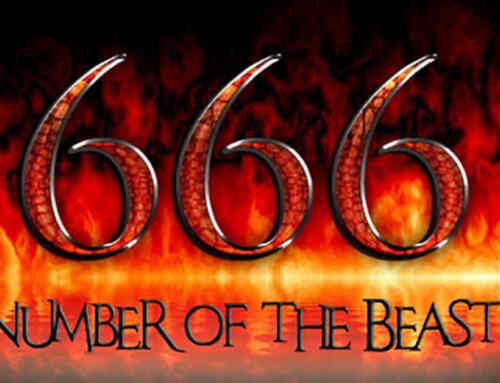The Catholic Church desired to distance itself from the Jewish Law and its association with Judaism. It also wanted to blend and incorporate some of the pagan rituals and holidays with Christian holy days. This double motivation led the Catholic church to compromise the timing of celebration of our Lord’s death and resurrection. They decided the pagan holiday of Easter, a celebration of the Goddess Estera, would work best for the celebration of Jesus’ resurrection.
Source: McClintock and Strongs Cyclopedia: “Easter is a word of Saxon origin, and imports a goddess of the Saxons, or, rather, of the East, Estera, in honor of whom sacrifices being annually offered about the Passover time of the year (spring), the name became attached by association of ideas to the Christian festival of the resurrection, which happened at the time of the Passover: hence we say Easter-day, Easter Sunday, but very improperly; as we by no means refer the festival then kept to the goddess of the ancient Saxons. The present German word for Easter, Ostern, is referred to the same goddess, Estera or Ostera.”
The only annual commemoration which Jesus established for his followers was to memorialize his death as the antitypical Passover Lamb. The Apostle Paul identified Jesus was that Lamb in 1 Corinthians 5:7, “Clean out the old leaven so that you may be a new unleavened batch, as indeed you are. For Christ our Passover Lamb has been sacrificed.” Therefore, the memorial of Jesus’ sacrifice should take place at the same time as the original Passover type: on the evening of 14th of the Hebrew month of Nisan, Leviticus 23:5–8.
The Jewish law was based on a lunar calendar. The Passover (marking Jesus’ death) was to be celebrated on the 14th day of the Jewish lunar month of Nisan.
However, using the common Gregorian calendar, Roman Catholics and many Protestant Christians choose to time Easter (Jesus’ resurrection) as the first Sunday after the first full moon on or after the Vernal Equinox. The Catholic church fixed the time of the Vernal Equinox to be March 21st. Then they look for the next full moon and mark the following Sunday as Easter. Thus, Easter could fall between March 22 and April 25. This timing can be almost a month different than what Leviticus 23 teaches.
The Eastern Orthodox churches use the Julian calendar. (The Julian calendar, established 45 BC by Julius Caesar, is slightly too long as determined by accurate astronomical data.) With this calendar, the equinox date moves towards the earlier dates of March and further away from the Roman Catholic Easter.













